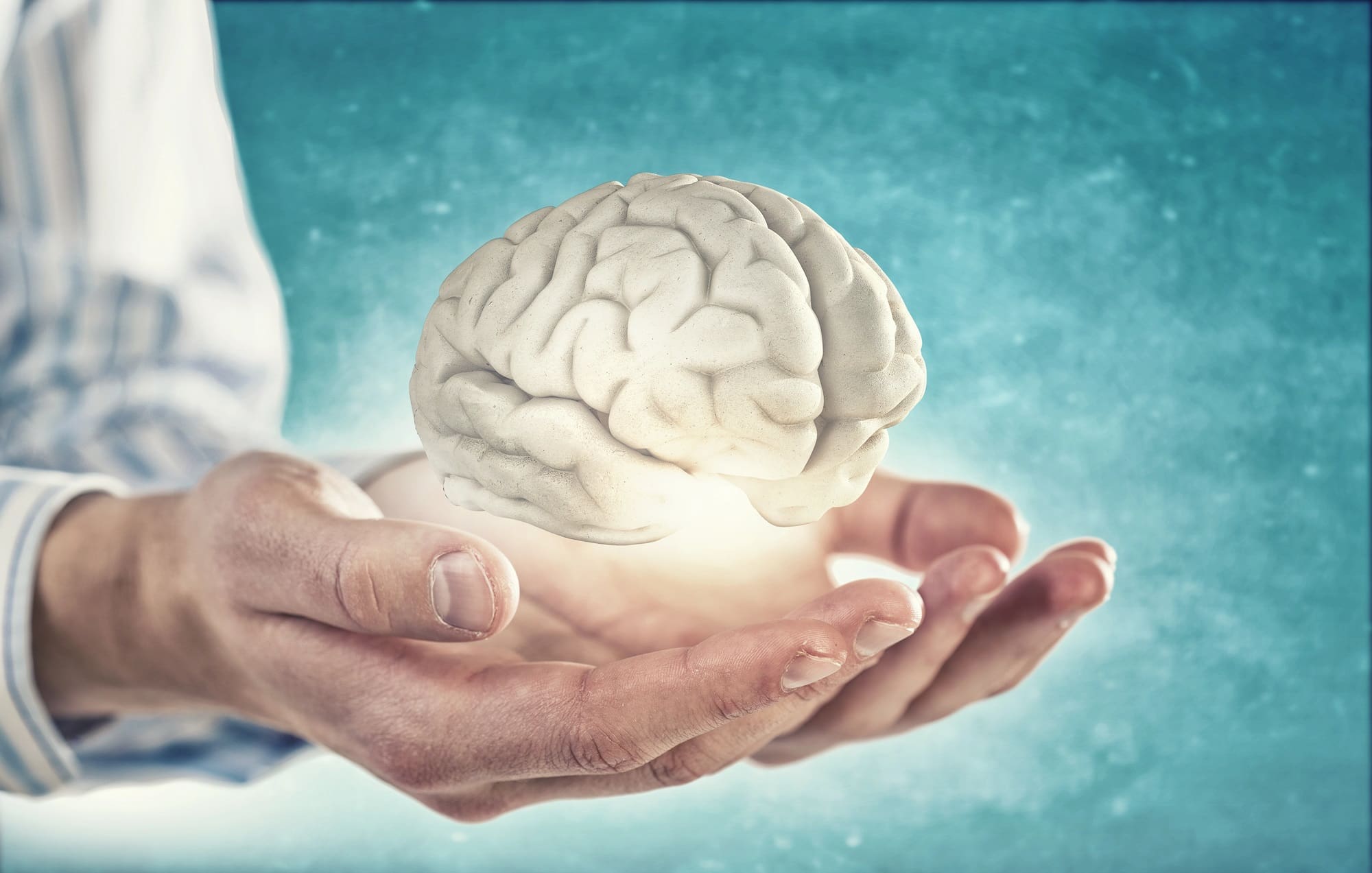The newly authorized drug, leucovorin, is becoming popular in the autism community, where some families have named it the “small bottle of hope”. While initial accounts and personal testimonials have sparked enthusiasm, medical experts point out that current scientific data remain quite limited, and more studies are needed to accurately identify the beneficiaries. Leucovorin is
If you read magazines frequently or even just keep up with the latest news, there’s a good chance you have heard about autism. Autism in the U.S. right now is a prevalent condition & it affects both children and adults alike. It’s not a child’s disease but it affects a broad range of people.
Autism Traits
That said, it is worth noting that these conditions affect a person’s social skills, communication abilities, and behavior. If you think about it from a parent’s standpoint, you can imagine how this affects a child’s school life, let alone their life at home. The big question that has been bothering scientists is: what is the root cause of autism? It’s a good question because otherwise, our children with severe – those with serious sensory sensitivity issues and communication difficulties- would have to endure the tough symptoms all because no one wants to care.
It’s high time we looked deeper into the issue and tried to understand what causes this disorder. Of course, earlier findings have already pointed to environmental pollution—stuff like lead, air pollution, and pesticides—as a potential cause of autism. However, recent research has suggested that changes in genes responsible for brain development and function may be key contributors to autism.
UCLA Autism Gene Research
The research published in Nature, led by Daniel Geschwind of UCLA, delved into the genetic makeup of post-mortem brain tissue from 19 individuals with autism and 17 without. The team found notable differences in gene activity between the two groups, particularly in terms of RNA levels, which play a crucial role in transmitting information from DNA to protein-producing cells.
Interestingly, while healthy brains exhibited distinct patterns of gene activity in different regions (frontal and temporal), this was not the case for autistic brains. Instead, only a small number of genes showed differential expression between these areas. A specific gene, A2BP1, was identified to significantly impact the brains of autistic individuals, suggesting its crucial role in their condition.
Dr. Geschwin Autism Research
Dr Geschwin commended this finding, stating that the gene appeared to have widespread importance in autistic brains, further emphasizing its potential as a major contributor to the disorder. According to Geschwand, this breakthrough study provides a valuable starting point for further investigation. It’s not a final answer but rather a “toehold” that can guide researchers towards uncovering the specific factors and mechanisms involved in autism.
For Autism Support Treatment, we at Sacramento ABA Therapy are committed to staying updated on the latest research and sharing it with our community to better understand and support autism. Let’s work together to pave the way towards a world where individuals on the autism spectrum can thrive and reach their full potential.

